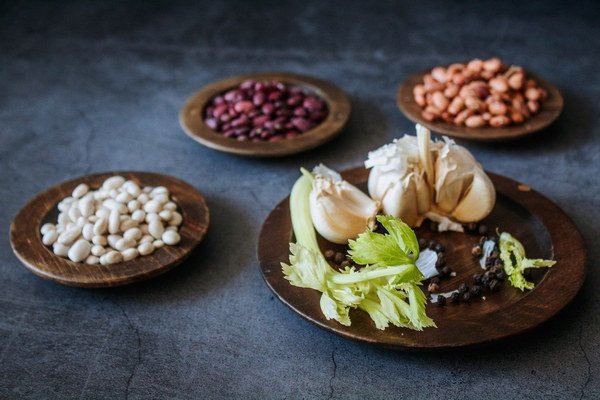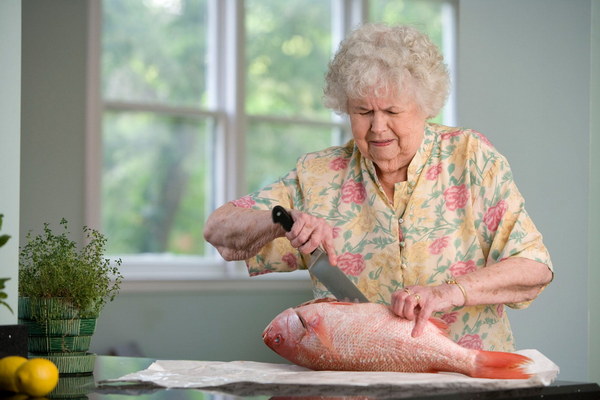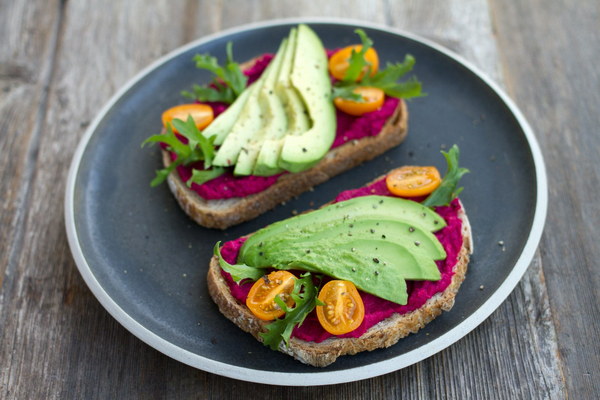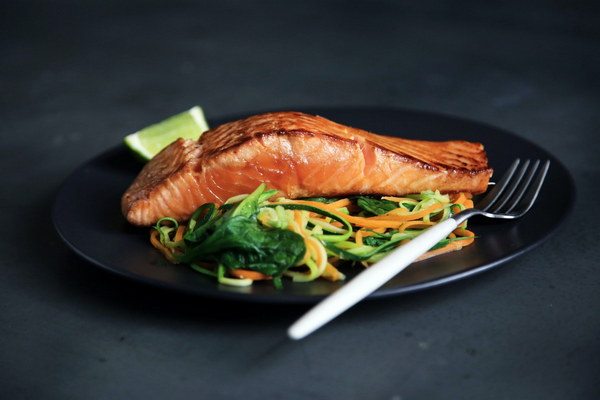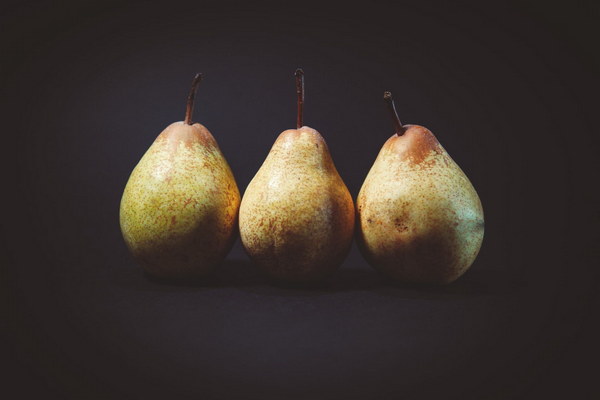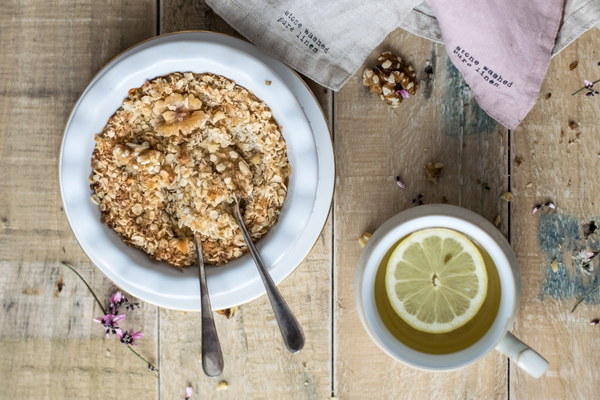A Comprehensive Guide to Health and Wellness for Middle-Aged and Elderly Individuals
Introduction:
As we age, it becomes increasingly important to focus on maintaining our health and well-being. Middle-aged and elderly individuals often face unique challenges that require specific attention. This article aims to provide a comprehensive guide on how to foster a healthy lifestyle for middle-aged and elderly individuals, covering various aspects such as diet, exercise, mental health, and social interactions.
1. Diet:
A balanced diet is crucial for maintaining good health in middle age and beyond. Here are some key tips for a nutritious diet:
a. Increase fiber intake: High-fiber foods, such as fruits, vegetables, whole grains, and legumes, can help with digestion, lower cholesterol, and reduce the risk of heart disease.
b. Consume omega-3 fatty acids: Foods rich in omega-3 fatty acids, like fatty fish, flaxseeds, and walnuts, can improve brain function and reduce the risk of cognitive decline.
c. Limit salt and sugar: Excessive salt and sugar can lead to high blood pressure, heart disease, and obesity. Opt for low-sodium and low-sugar options whenever possible.
d. Include antioxidants: Antioxidants protect against cell damage and may help reduce the risk of chronic diseases. Berries, green tea, and dark chocolate are excellent sources of antioxidants.
2. Exercise:
Regular physical activity is essential for maintaining physical and mental health. Here are some exercise recommendations for middle-aged and elderly individuals:
a. Aerobic exercises: Activities such as walking, swimming, or cycling can improve cardiovascular health, increase endurance, and enhance mood.
b. Strength training: Building muscle strength can improve balance, reduce the risk of falls, and increase metabolism. Weightlifting, resistance bands, or bodyweight exercises can be effective.
c. Flexibility exercises: Stretching and yoga can improve flexibility, reduce muscle soreness, and enhance overall mobility.
3. Mental Health:
Mental health is just as important as physical health, especially as we age. Here are some tips for maintaining good mental health:
a. Stay socially active: Regular interaction with friends and family can reduce feelings of loneliness and depression.
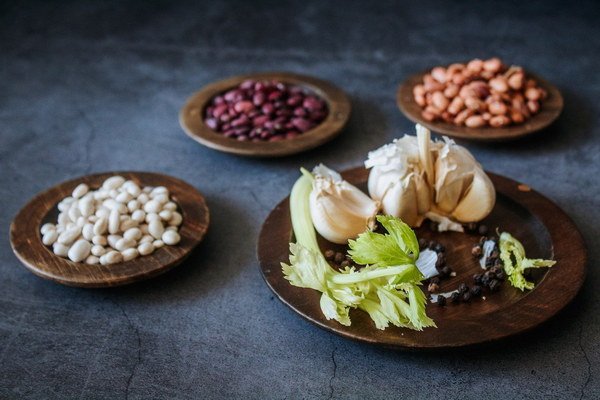
b. Engage in hobbies: Participating in activities you enjoy can boost your mood and provide a sense of accomplishment.
c. Practice mindfulness: Techniques such as meditation, deep breathing, or progressive muscle relaxation can help reduce stress and improve overall well-being.
4. Social Interactions:
Building and maintaining social connections is vital for middle-aged and elderly individuals. Here are some tips for fostering social interactions:
a. Join community groups: Participating in clubs, classes, or volunteer organizations can help you meet new people and build lasting relationships.
b. Stay connected with family: Regularly communicate with loved ones through phone calls, video chats, or visits to ensure you remain a part of their lives.
c. Attend social events: Attend community events, religious services, or cultural festivals to broaden your social circle.
Conclusion:
In conclusion, maintaining good health and well-being in middle age and beyond requires attention to various aspects of life. By focusing on diet, exercise, mental health, and social interactions, middle-aged and elderly individuals can lead fulfilling and healthy lives. Remember, it's never too late to make positive changes and improve your overall well-being.
